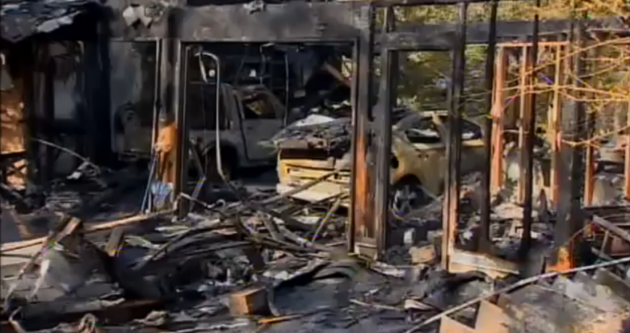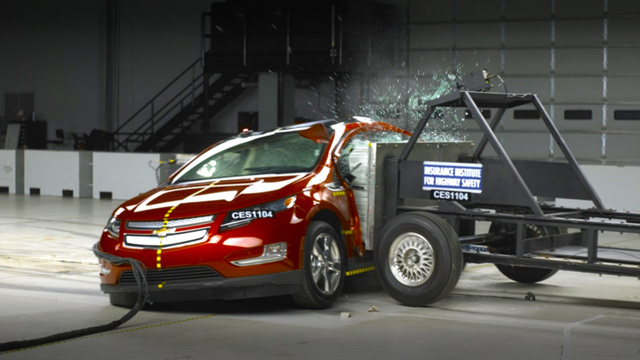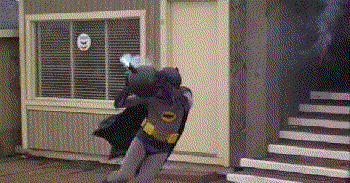- Staff
- #1
- 55,564
- 23,827
Chevy Volt Catches Fire After Crash Testing
The federal government is now investigating the safety of electric cars, and specifically, lithium-ion batteries, after a Chevy Volt caught fire three weeks after a side-impact crash test.
The wrecked Volt apparently caught fire in the parking lot of NHTSA's crash test facility in Wisconsin a full three weeks after the initial crash test. According to the exclusive Bloomberg story, the fire was large enough to burn vehicles parked in the vicinity of the car.
NHTSA is also apparently probing an incident involving a Volt catching on fire while charging.
http://9thcivic.com/forum/threads/garage-fire-claims-chevy-volt-and-homebuilt-ev.453/

But the scope is not merely limited to General Motors. Regulators have approached all automakers, including GM, Nissan, and Ford — any that sell or have plans to sell vehicles with lithium-ion batteries — with questions about the batteries' fire risk, four people familiar with the inquiry said to Bloomberg.

The federal government is now investigating the safety of electric cars, and specifically, lithium-ion batteries, after a Chevy Volt caught fire three weeks after a side-impact crash test.
The wrecked Volt apparently caught fire in the parking lot of NHTSA's crash test facility in Wisconsin a full three weeks after the initial crash test. According to the exclusive Bloomberg story, the fire was large enough to burn vehicles parked in the vicinity of the car.
NHTSA is also apparently probing an incident involving a Volt catching on fire while charging.
http://9thcivic.com/forum/threads/garage-fire-claims-chevy-volt-and-homebuilt-ev.453/

But the scope is not merely limited to General Motors. Regulators have approached all automakers, including GM, Nissan, and Ford — any that sell or have plans to sell vehicles with lithium-ion batteries — with questions about the batteries' fire risk, four people familiar with the inquiry said to Bloomberg.










